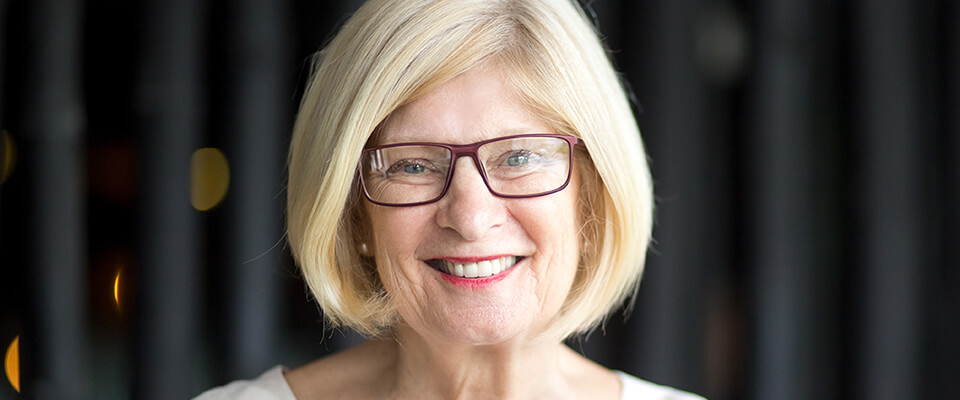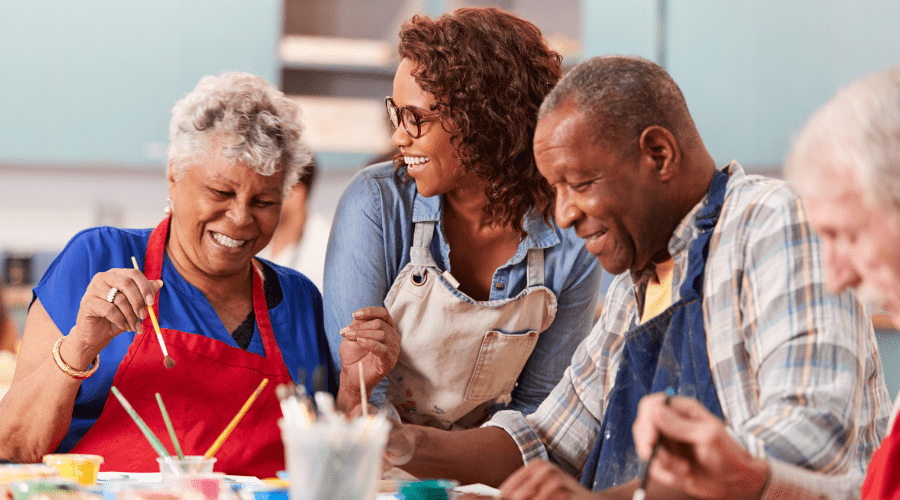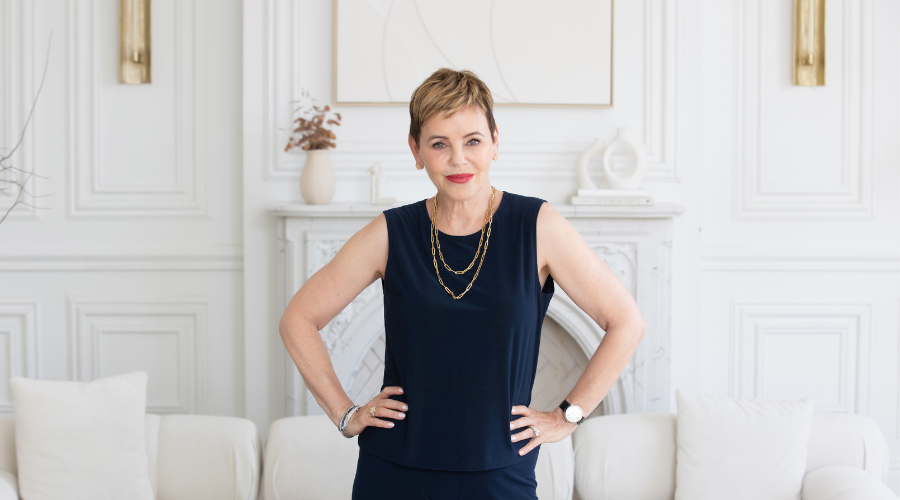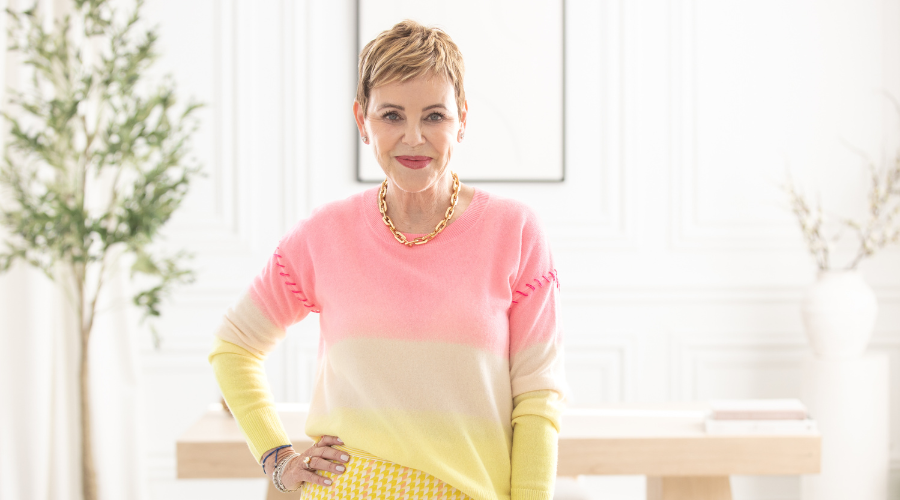As we approach International Women’s Day (March 8), I can’t help thinking about women in politics—or the women who were closely positioned near the powerful men making history. When we baby boomers were growing up, there were few women in politics either in Canada or south of the border. My youth was filled with lurid tabloid tales about Jackie Kennedy or Marilyn Monroe, which is sad, if we think about it because they weren’t the ones who changed history. Both were beautiful, painfully so, soft-spoken, talented and vulnerable.
Who of us born in the 1950s can forget Mrs. Kennedy’s expression, or her blood-stained pink suit, as she flew back to Washington from Dallas, the scene of her husband’s assassination, standing beside Lyndon B. Johnson as he was sworn in as the President of the United States?
And there was Marilyn. Blonde and beautiful singing happy birthday to Jack Kennedy, or “Mr. President” as she referred to him, wrapped in a shimmering sheath of a dress so tight that it was rumoured to have been sewn onto her body. Both Jack and Bobby Kennedy were involved with Marilyn in the years before she overdosed. That’s what we boomers grew up knowing.
When Jackie became Mrs. Aristotle Onassis, wife of the Greek shipping magnate and one of the richest men in the world, we could observe two clearly delineated paths that famous women followed. Marry a powerful, rich man or marry a powerful, rich man who’s handsome, charming and brilliant, but marry the latter at your peril. The other femme fatale of the period was Elizabeth Taylor. Both Liz and Marilyn married multiple times, often to interesting men, but it’s a strain to imagine what it must be like to marry and divorce so frequently. Both ended up single at the end of their lives.
Today, the situation for women has changed. Women in the arts, business, media and politics are taking on leadership roles, winning awards, changing the way governments operate. The Economist recently ran a story about how the state of marriage has morphed to suit modern times and about how flexible it has become. That’s good news for women, and for the world as a whole.
These days we’re retiring with years in the workplace behind us –a grasp of finances beyond how to write a cheque– and big decisions to face about how we’re going to spend our retirement years, how much money we need to engage in the activities we enjoy, and what we need to put aside for a rainy day. Some of us are married, some single, but either way we owe it to ourselves to take the best steps we can to ensure that we’ll have a secure retirement, which simply put means being able to take care of ourselves in a decent way.
That’s why I’m fascinated and delighted by the number of female candidates who’ve declared their candidacy for the Democratic nomination for president of the United States. By mid-February, six of the eleven candidates were women. That must mean that politics has become a more viable place for women. Or does it? As Frank Bruni remarked in his newsletter for the New York Times about Senator Amy Klobuchar’s bad management style, her reported frequent angry outbursts and mistreatment of her staff, ‘I’ve also been hearing about it too frequently, which is to say that I can’t recall a similar batch of stories, told with similar zest, about any of the men in the Senate. Perhaps her temper is more volatile than each and every one of her peers’ and perhaps her wrath more terrifying. But I seriously doubt that. I think it’s just not as juicy to gossip about a male tyrant. And a demanding woman, to this day, gets a different rap than a demanding man does. He’s high-handed, which isn’t a compliment but also isn’t much of a slur. She’s a harridan.”
The likeability factor drives me around the bend. Why are we women often so much more critical of women in politics than we are of men? Explains Maggie Astor, “One of the most amorphous qualities candidates are judged on, likeability is also deeply influenced by gender bias, researchers say. Voters look for it in men, too — consider the ‘who would you rather have a beer with’ question in campaigns — but only in women, research shows, do they consider it nonnegotiable.”
What we are learning is that voters can’t force themselves to support a woman they don’t like, even if they believe she is qualified, but they will vote for a man who they do not like if they believe he is qualified, according to Amanda Hunter, research and communications director at the Barbara Lee Family Foundation, which supports women in politics.
I do feel excited about the Democratic candidates for the U.S. Presidency, although I do not believe that a woman will be chosen for the top of the ticket. I believe a woman will become the second on the ticket, and I suppose that’s better than nothing. If a woman can influence positive action on health care and education, millions of Americans will benefit. During a recent trip to Detroit, I spoke to women who were thrilled with the new ball park, arena and stadium in downtown Detroit, but were more concerned that the public school system, once the best in the U.S., remains in terrible shape. School buildings are in such poor repair that they are crumbling. One teacher recounted that her high school students are reading at a grade three level.
There won’t be a woman leading any of the three leading political parties in Canada during the next election, but perhaps if one woman in Canada can be deemed likeable enough, I and the others of my generation, might see a female Canadian Prime Minister, who makes it through a four year term, during our life time.
.resources_main .content_wrapper .fleft article .content_short a {text-decoration: underline;}































